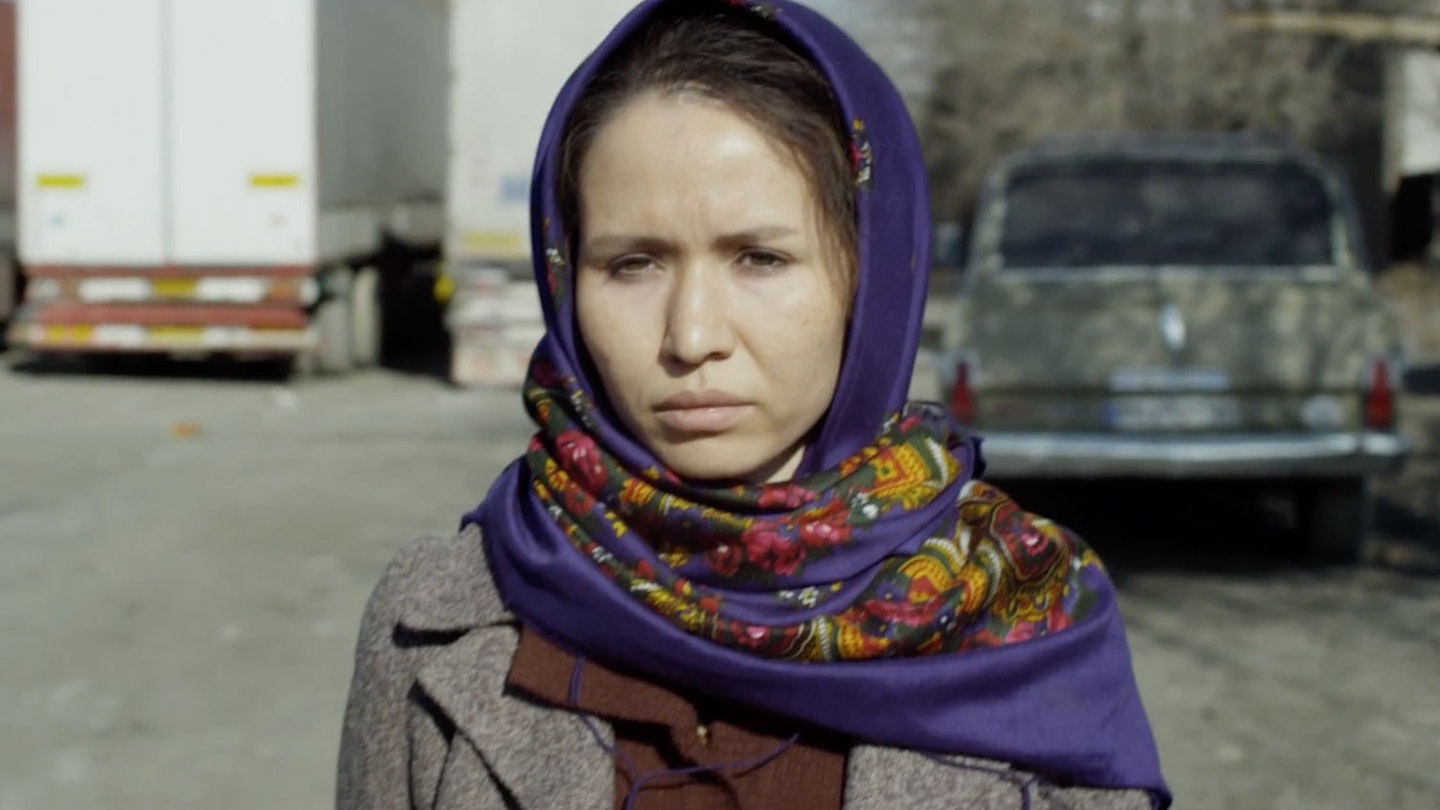While there have been a number of affecting documentaries about the ongoing migrant crisis, fictional approaches to the situation have been fewer in quantity and quality. None of Britain's front-rank social realists have devoted an entire feature to the issue and newcomers like London Film School graduates Amin Bakhshian and Kyla Simone Bruce should be commended for drawing audience attention to everyday instances of inhumanity and injustice that occur across the continent without making the news headlines.
In truth, this feature has been cobbled together from shorts made at various intervals since 2012 and exploits the geographical coincidence of their setting to fashion a notional migrants' progress. Bakhshian's contributions were previously known as ‘Cold Birth’ and ‘Deep Breath’ and respectively focus on Leila (Marjan Khaleghi), an Afghan woman agonising what to do about her pregnancy before attempting to cross Iran's snowy mountain border, and Parsa (Parsa Bahadori), a young boy holed up in a Greek hideout while a pitiless trafficker assesses the condition of an injured travelling companion.
A sense of sadness permeates all four stories, as decent people fall foul of ruthless racketeers and duty-bound officials.
Both set in London, Bruce's pair were previously shown as ‘Home’ and ‘The Interpreter’. The former centres on Polish single mother Laura (Julia Krynke), as she prepares for her veterinary exam while worrying about her Algerian boyfriend's expired visa, while the latter involves the moral dilemma facing court interpreter Ramzi (Ako Ali) after he discovers a deception being perpetrated by a woman hoping to be reunited with her already resident son.
A sense of sadness permeates all four stories, as decent people fall foul of ruthless racketeers and duty-bound immigration officials and magistrates. The common theme is that the migrants are very much on their own and, thus, are powerless to protect themselves against greedy criminals and a legal system weighted against them. But the looseness of the connections restricts the quartet's potency.
